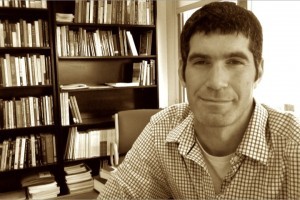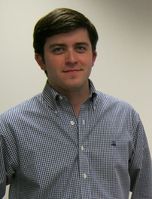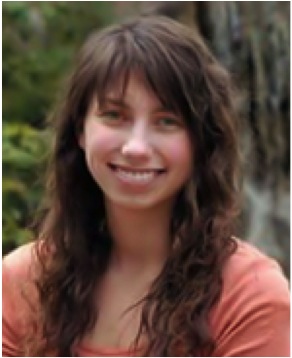Are you a graduate student or faculty member? Do you want to understand the current scholarly landscape for measuring, highlighting, and sharing your research?
Tools like Scopus, Web of Science, and Journal Citation Reports provide indicators of research productivity. Portals like Academia.edu, ResearchGate, Humanities Commons, and Google Profiles allow researchers to share their work and network with other scholars. Zotero, EndNote, and Mendeley make organizing and sharing sources a snap. Publishing in open access venues and posting your research to scholarly repositories can enhance your research impact. Familiarity with these new tools and strategies helps researchers find colleagues, collaborators, and funders, as well as facilitates the tenure and promotion process.
The Temple University Libraries will be offering a series of four workshops in the Digital Scholarship Center on highlighting, measuring, and managing your research. Bring your laptop or borrow one in the DSC.
Workshop 1: Managing Your Research
Wednesday, March 29, 11-12, DSC
- Attendees will gain an understanding of the features of these reference management and sharing tools and their areas of overlap with academic social networks. They will understand some key functional and disciplinary considerations when selecting the proper tool.
- Register for Workshop 1
Workshop 2: Developing Your Scholarly Profile
Wednesday, April 5, 11-12, DSC
- The professional and ethical uses of academic social networks such as ResearchGate and Academia as well as preferences of scholars in different disciplines will be explored. We will talk about ORCiD and other researcher IDs and how they can be used to enhance your online profile.
- Register for Workshop 2
Workshop 3: Amplifying Your Research Impact
Wednesday, April 12, 11-12, DSC
- Attendees will learn how to effectively promote and share their research online. We will discuss best practices for using social media, explain how to deposit research outputs in disciplinary repositories, and explore tools and platforms that can help authors expand their readership.
- Register for Workshop 3
Workshop 4: Measuring Research Impact
Wednesday, April 19, 11-12, DSC
- Attendees will gain strategies for identifying and measuring their research impact using available online tools. Important buzzwords like citation metrics, impact factors, and the h-index will be explained and applied in a variety of disciplinary contexts.
- Register for Workshop 4




